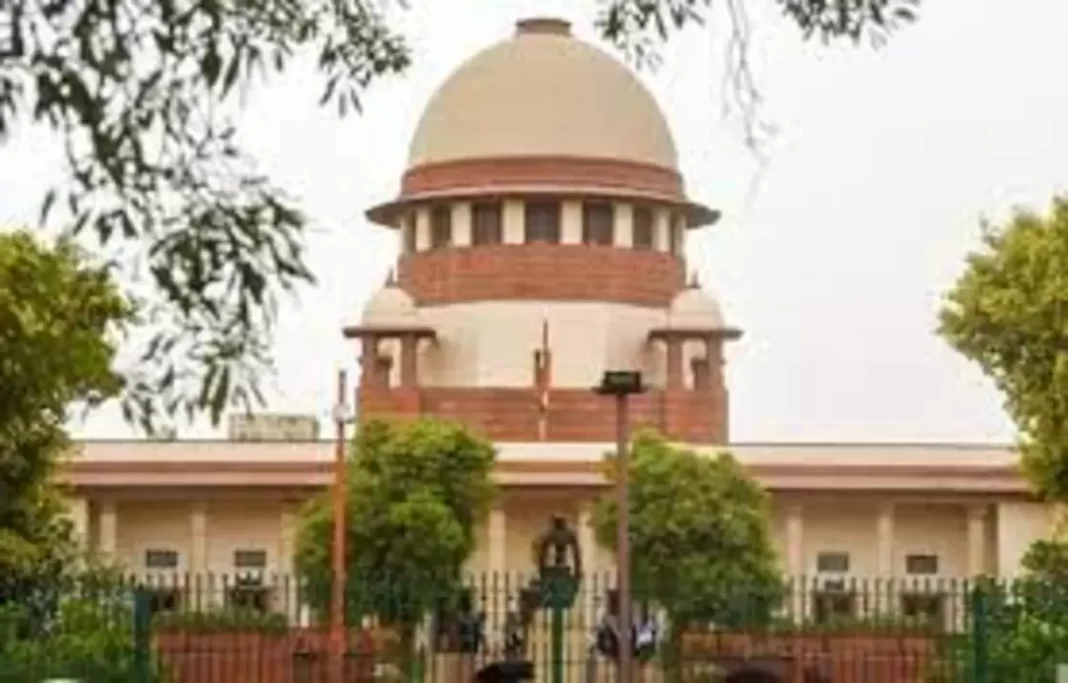The Supreme Court today agreed to hear a batch of pleas for staying the Citizenship Amendment Rules 2024 on Tuesday, March 19. Multiple petitioners, including the Indian Union Muslim League, approached the apex court after the Centre notified the rules, by filing an interlocutory stay application in their pending writ petition.
The aforesaid rules were notified by the Centre to enforce the controversial Citizenship Amendment Act, 2019, which is the subject matter of numerous ongoing litigations.
The IUML’s application was mentioned by Senior Advocate Kapil Sibal today before a bench led by Chief Justice DY Chandrachud, with a request for an urgent hearing. The senior counsel argued that the Citizenship Amendment Act was passed in 2019, adding that at that time there were no rules, so no stay was granted by this court.
He continued that at present they have notified the rules ahead of the Lok Sabha elections. He argued that if citizenship is granted, it will be impossible to reverse, urging the interim application to be heard. Meanwhile, Solicitor General Tushar Mehta told the court that none of the petitioners has any locus to question the grant of citizenship.
Following a brief exchange, CJI DY Chandrachud agreed to post not only the IUML’s application but all other pleas praying for a stay of the Citizenship Amendment Rules 2024 for hearing on Tuesday. The Chief Justice also clarified that the whole batch comprising 237 petitions will be listed along with the latest interlocutory applications.
The IUML has sought an immediate stay on the CAA’s implementation, arguing against the act’s linkage of citizenship to religion, terming it prima facie unconstitutional. In the application, the party argued that the CAA, which introduces a classification solely based on religion, undermines the concept of secularism enshrined in the Indian Constitution.
It also emphasised that while it does not oppose granting citizenship to migrants, it vehemently objects to religion-based exclusion. Furthermore, it also pointed out that since the CAA had not been implemented for four and a half years, deferring its implementation till the court’s final decision would not cause prejudice. The IUML cautioned that individuals granted citizenship under the act may be stripped of it if the law is later deemed unconstitutional.
Additionally, the IUML requested the top court to direct the Centre not to take coercive action against individuals excluded from the CAA on religious grounds. It further sought provisional permission for members of the Muslim community to apply for citizenship pending the court’s decision.


